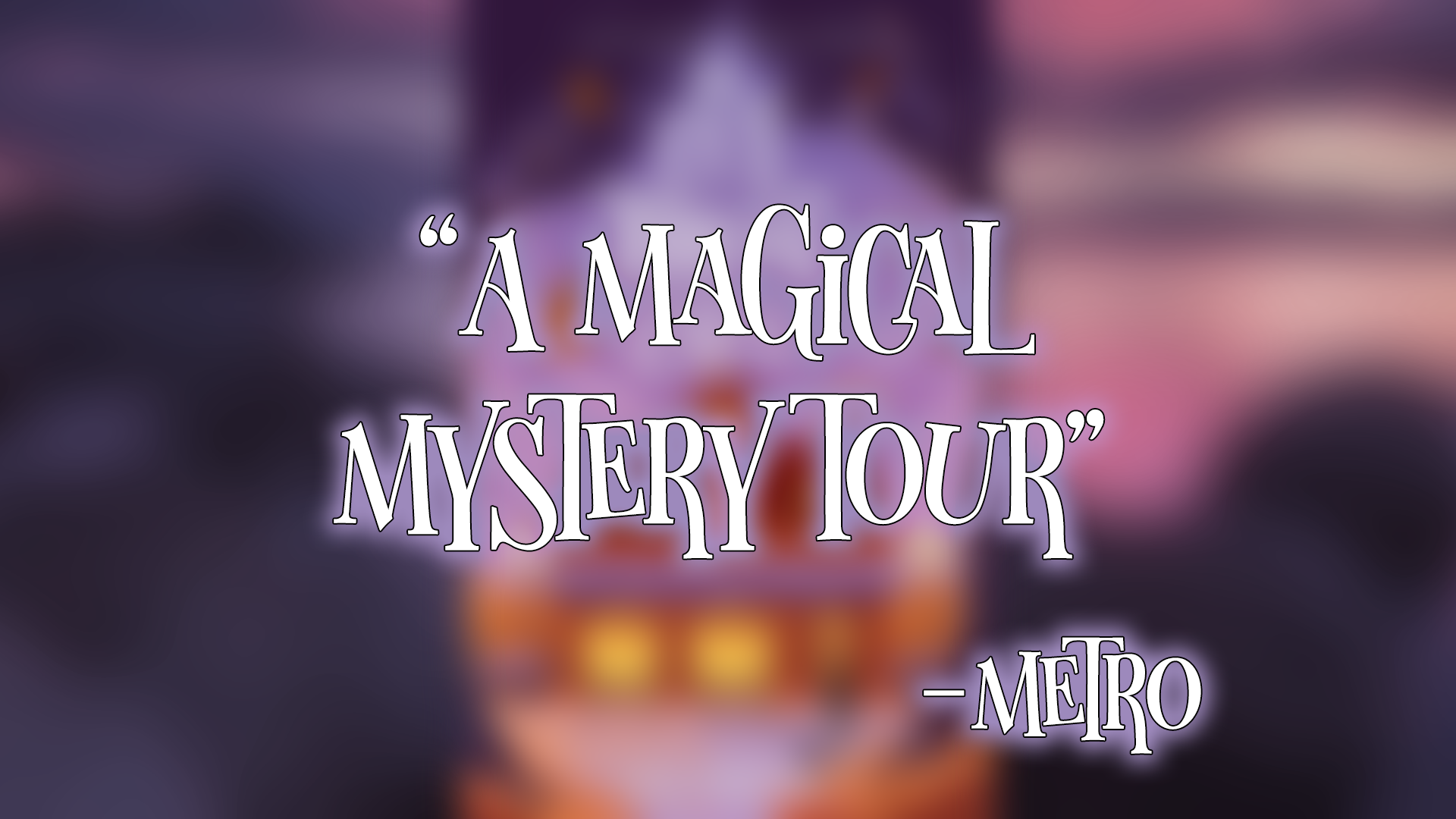1.
Twitter is a conversation – so you need to be engaged and that means joining in to be part of it. You don't want to be hanging out on Twitter the whole time, but when you do join in, put the time in. And perhaps try to do so twice a day.
2.
People go onto Twitter because they want to be engaged and entertained, so being warm
helps, being funny is brilliant if you can do it . . . Have a go at Twitter challenges - and learn to pun well!
3.
But always be positive and generous. Say thank you a lot.
Share books and articles that you like – engage with an author and tell them how
much you enjoyed reading what they have written.
4. To be engaging, you need to be conversing with interesting people. Follow people and institutions connected to all of your wider interests, there will be lots of cross-overs. If you’re an author you can follow authors and writers, publishers, bookshops, libraries, but also galleries and people involved in other aspects of cultural life.
5.
Support other authors – congratulate or
commiserate when favourite authors do/don’t make shortlists.
6. It is more engaging if you try to
use a quote from content to recommend an article. Try not to just include a link.
7.
Use images, but don’t change your own photo very
often – that becomes your brand and people will start to recognise you.
With grateful thanks to Will Rycroft @vintagebooks for his talk at the
London Book Fair, “Successful Social Media Strategies” and for explaining a
complex subject so well he made it seem simple.



